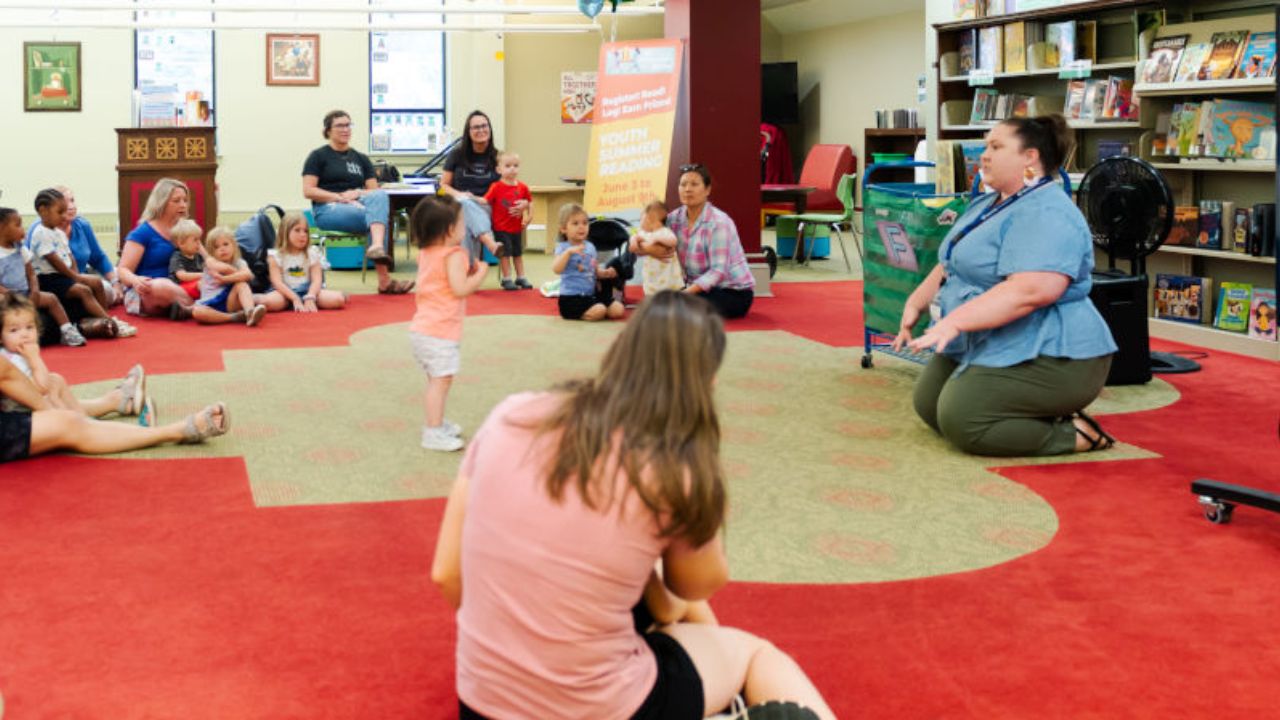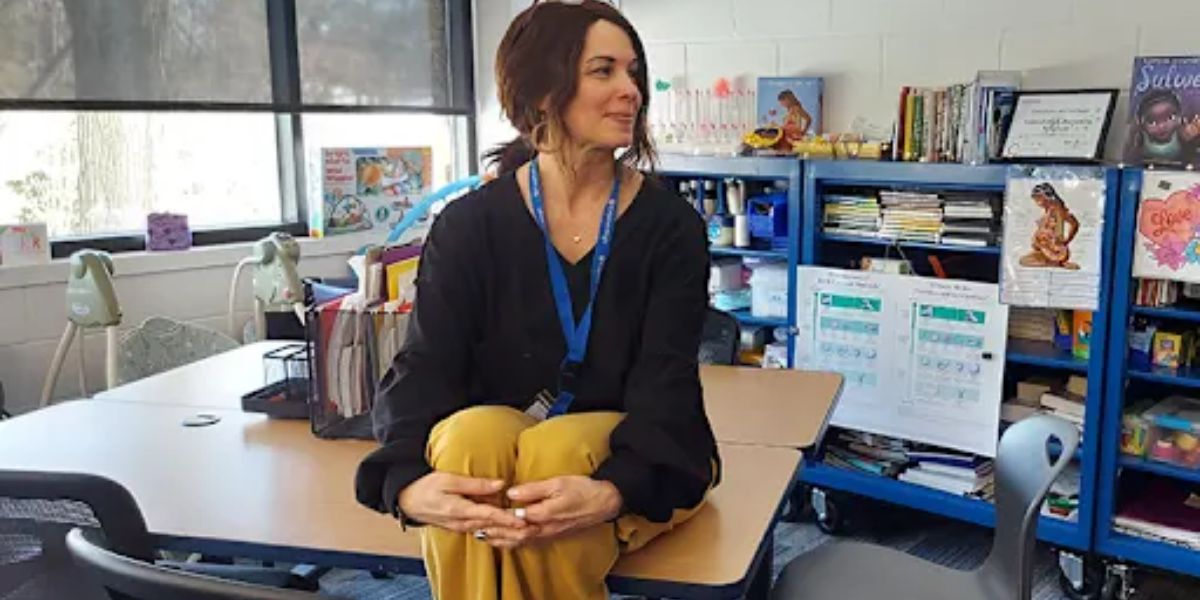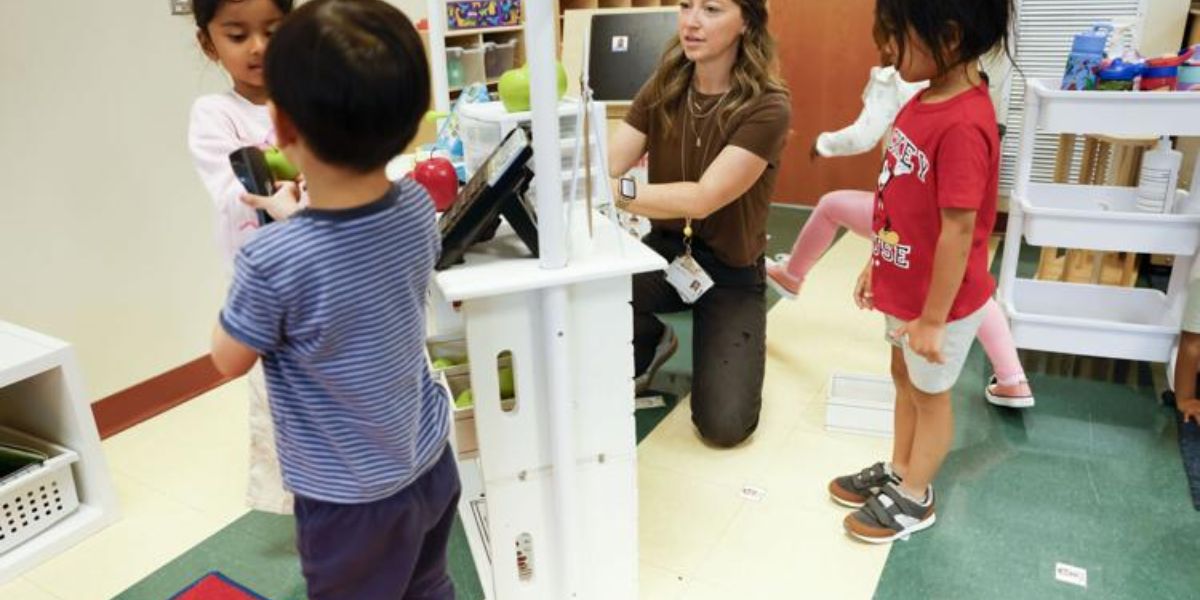Madison County, with its rich community and diverse families, is facing an increasing need to address behavioral health concerns, particularly among children and adolescents. One powerful tool in this effort is school-based family programs, which play a critical role in improving mental health and overall well-being for both students and their families. These programs focus on fostering healthier relationships, teaching coping strategies, and providing early intervention to mitigate the impact of behavioral health challenges. In this article, we’ll explore the significant role that school-based family programs have in Madison County’s behavioral health landscape and how they contribute to the overall community health.
Understanding the Importance of Family Engagement in Behavioral Health
Family involvement is crucial when it comes to addressing behavioral health issues. Research has consistently shown that children and adolescents are more likely to succeed in managing mental health challenges when their families are actively involved in the recovery process. School-based family programs aim to provide support, resources, and education to parents and caregivers, enabling them to better understand their child’s needs and challenges. This collaborative approach ensures that behavioral health interventions are more effective, as the entire family is working toward the same goal: improving the child’s mental health and overall well-being.
Table of Contents
Key Components of School-Based Family Programs in Madison County
In Madison County, several schools and community agencies have adopted family programs that incorporate a variety of therapeutic models and support systems. These programs are designed to address specific needs of families facing mental health issues, including:
- Parent Education and Support
Family programs often include workshops or seminars for parents, covering topics such as managing stress, understanding behavioral health disorders, and learning how to communicate more effectively with their children. Parents gain tools to help their children cope with difficulties such as anxiety, depression, or behavioral disorders. By empowering parents with knowledge, these programs create a stronger foundation for addressing mental health challenges at home. - Therapeutic Family Counseling
Schools in Madison County collaborate with behavioral health professionals to offer counseling services to families. These therapeutic sessions may involve individual or group counseling, focusing on family dynamics, improving communication, and resolving conflicts. Family counseling can be particularly effective in situations where children are dealing with trauma, grief, or substance use, allowing them to heal with the support of their loved ones. - Early Intervention Programs
Early intervention is critical in preventing long-term behavioral health problems. School-based family programs often include early screening for mental health issues and provide families with access to resources before the challenges escalate. Identifying potential issues early on allows families to address them proactively, avoiding more severe consequences later in life. - Connecting Families to Community Resources
Many Madison County schools work closely with local behavioral health organizations and social services to connect families with additional support outside the school environment. Whether it’s access to mental health professionals, community programs, or emergency services, these connections ensure that families have a network of resources to draw on when needed.
The Impact on Students’ Behavioral Health
The positive effects of school-based family programs extend far beyond the family unit. By improving family dynamics and providing parents with the tools they need to support their children, these programs help students thrive academically and emotionally. Students who receive strong family support are more likely to attend school regularly, perform well academically, and build healthy relationships with their peers.
These programs also help students develop coping strategies that allow them to manage stress and emotions more effectively. As a result, school-based family programs can reduce behavioral problems, such as absenteeism, tardiness, or disciplinary issues, that are often tied to undiagnosed mental health concerns. By addressing these issues early, schools create a safer and more supportive learning environment for all students.
Benefits for the Broader Madison County Community
School-based family programs in Madison County not only benefit students and families but also contribute to the overall well-being of the community. By improving family relationships and providing access to behavioral health resources, these programs foster a more resilient and connected community. Families who are equipped to manage their mental health are better able to contribute positively to the community, whether through volunteerism, local businesses, or civic engagement.
Furthermore, when schools and families work together to support mental health, it reduces the stigma surrounding mental health care. As more families participate in these programs, others in the community are encouraged to seek help and support, which creates a ripple effect that strengthens the entire community’s approach to behavioral health.
The Path Forward for Madison County’s Family Programs
While Madison County has made great strides in implementing school-based family programs, there is always room for improvement. Continued investment in these programs is essential to meet the growing needs of the community. This includes expanding access to services, increasing awareness about the programs available, and ensuring that all families, regardless of income or background, have access to the support they need.
As the behavioral health landscape in Madison County continues to evolve, school-based family programs will play an increasingly important role in shaping the future of mental health care for children, families, and the community as a whole.
If you’re a parent, caregiver, or community member in Madison County, consider exploring the school-based family programs available in your area. Take advantage of the resources that can help you strengthen your family’s well-being and support your child’s mental health. Together, we can continue to build a healthier and more resilient community. Share your experiences with these programs in the comments below, or visit mcchc.org to learn more about the resources available to you!












